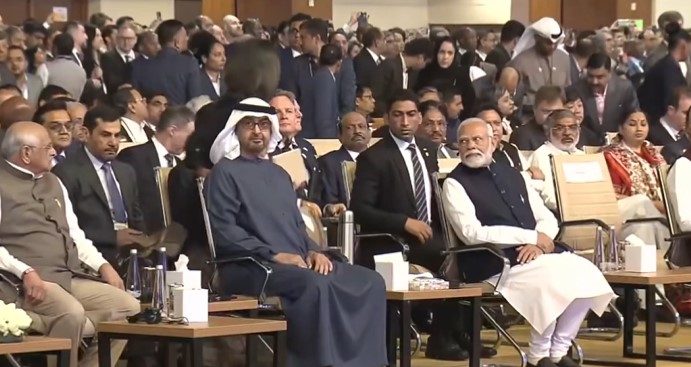New Delhi, March 10, 2024 — In a significant development, India and the European Free Trade Association (EFTA) have inked a historic free trade agreement (FTA). The pact, signed on Sunday, represents a milestone in India’s ongoing trade negotiations and opens up new avenues for economic cooperation.
Key Highlights:
- Duty-Free Market Access: The EFTA, comprising Iceland, Liechtenstein, Norway, and Switzerland, has granted duty-free market access to India for a range of products. This includes animal products, fish, processed food, and vegetable oils. The move aims to enhance bilateral trade and foster economic growth.
- $100 Billion Investment Commitment: European Free Trade Associationmember nations have pledged a staggering $100 billion investment in India over the next 15 years. This substantial investment is expected to create approximately one million jobs, bolstering employment opportunities and economic prosperity.
- Immediate Implementation: The trade deal ensures immediate duty-free access, making it an attractive proposition for Indian exporters. Among other FTA partners, this offer stands out as the most favorable for India.
- EFTA Offices in India: To facilitate business collaboration, European Free Trade Association will establish offices within India. This move is aimed at promoting seamless trade and investment between the two regions.
India and EFTA Sign Historic Trade Deal: Expert Perspectives
While the FTA holds promise, some trade experts remain cautious. Here are their insights:
- Agricultural Exports: Despite the agreement, India’s agricultural exports are unlikely to see a significant boost. Strict quality standards and non-tariff barriers pose challenges in this sector.
- Trade Deficit: India faces a substantial trade deficit with EFTA, particularly with Switzerland. In the fiscal year 2023, India’s imports from EFTA exceeded exports, resulting in a trade deficit of $14.8 billion.
- Sectoral Breakdown: India’s exports to EFTA countries during FY24 (April 2023-January 2024) totaled $1.87 billion. Key export items included chemicals, pharmaceuticals, apparel, and precious stones.
In summary, while the FTA signifies progress, addressing trade imbalances and maximizing the benefits of this agreement will be crucial for India’s economic growth






